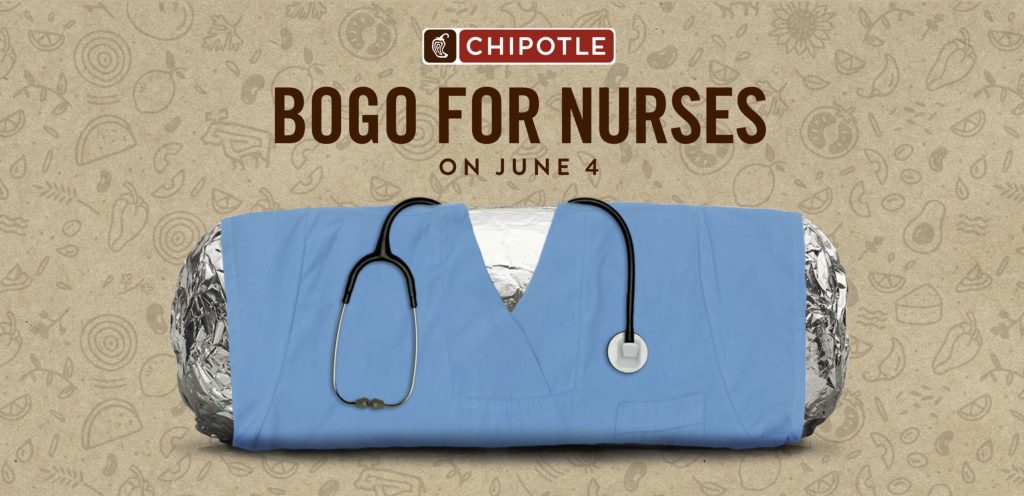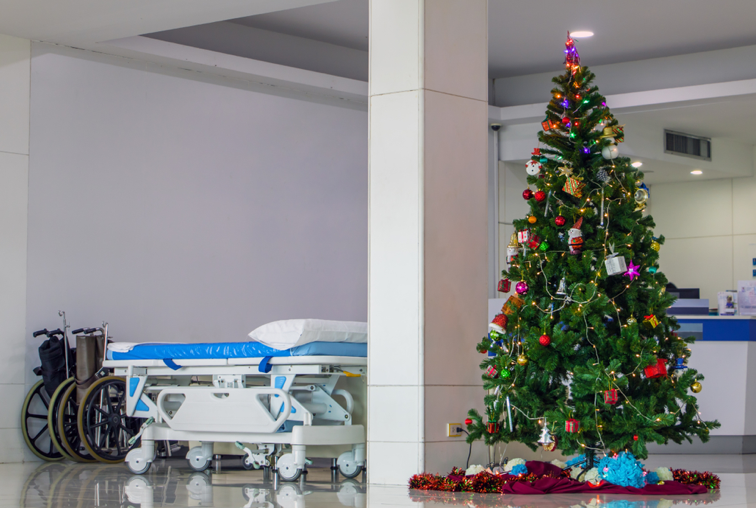Nurses
CategoryIs the Professionalism of Doctors, Nurses Being Exploited?
Doctors, nurses often do what’s right by their patients, even if it comes at a high personal cost. Is their professional nature being exploited by those in charge?
The State of Emergency Nursing
There is not exactly a state of emergency when it comes to the field of emergency/trauma/transport nursing, but one may be on the way.
Chipotle Offers Buy-One-Get-One Free Deal for Nurses
Free food alert! Chipotle locations across the U.S. and Canada will be offering a buy-one-get-one free deal for all nurses (including RNs, NPs, CNAs, and more) tomorrow, June 4th.
Top Survival Tips for New Nurses
Here are four essential tips for the new nurse, to not only quell your nerves, but to begin to shape you into the best nurse you can be.
The Hardest Parts of Nursing
The nursing profession comes with many obvious rewards, be they personal or professional. However, it is also well-documented to be one of the most stressful careers, due to staffing shortages, hospital politics, long hours, and many other factors…
7 Ways to Make the Most of Your Holiday Nursing Shift
by Deborah Swanson
Ask any nurse working a holiday shift if they’d rather be home with their friends and family and they’ll likely say “yes.” However, patient needs don’t stop for the holidays, and most every nurse has to work at least a couple of…
Nurses, Nursing, and the Nature of Suffering
Nurses are no strangers to the illness, suffering, and death of others. But how a nurse navigates their own personal suffering plays a role in how they approach life, work, and the overlapping of the two.
“The Jewish Nurse” Who Treated Tree of Life Gunman Speaks Out, Urges Love
After the deadliest attack on Jews in U.S. history, stories emerged about “The Jewish Nurse” who treated the alleged gunman. Now, Ari Mahler, RN, tells his side.
Nurse’s Post about Vaccines Goes Viral
If you buck vaccinations and Big Pharma, should you be allowed go to the doctor or the hospital when you get sick? This nurse says no in her viral post.
New App Connects Patients with Advanced Practitioners, RNs via Text
A new app is taking aim at the telehealth space–not to diagnose, but to triage–and advanced practitioners and RNs are the ones on call.








